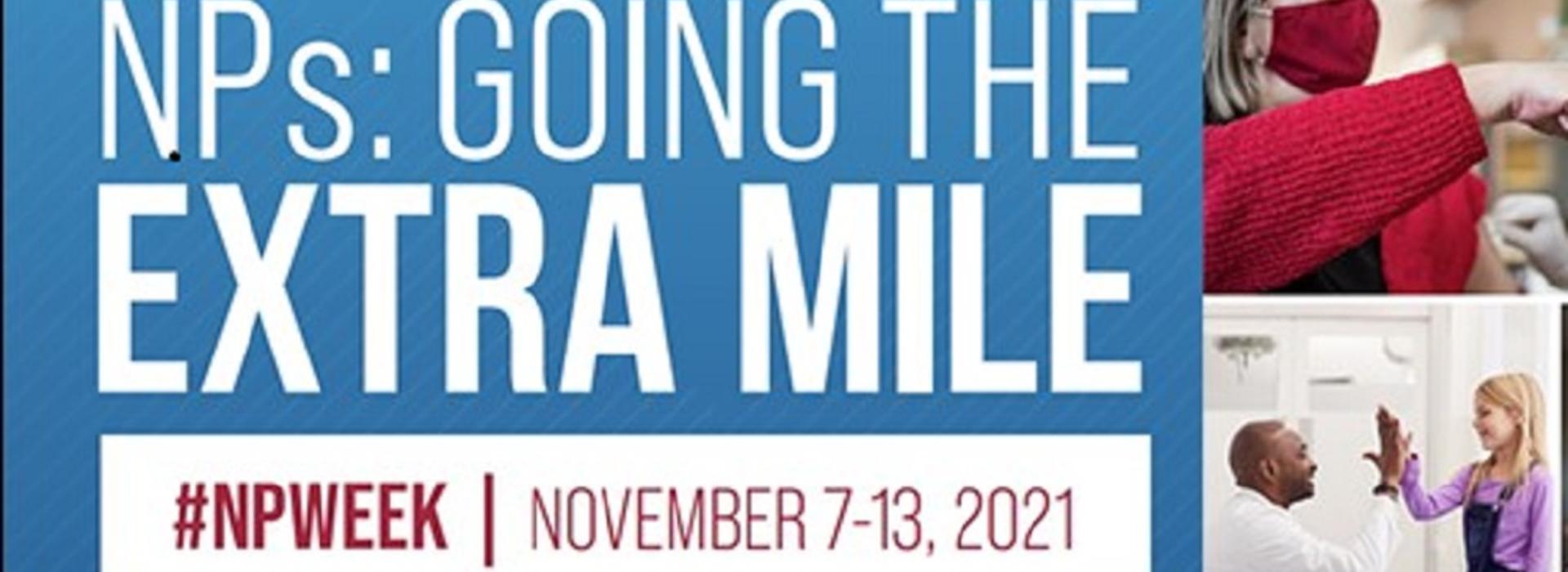
Being a mental health nurse practitioner means taking a holistic view of patients
Kate Miley, MSN, CNP, PMHNP-BC, is a board-certified psychiatric-mental health nurse practitioner (NP). She works with the first episode psychosis and early-stage mood disorder teams at M Health Fairview’s Riverside Clinic in Minneapolis, MN, while she completes her PhD at the University of Minnesota School of Nursing. She is one of more than 325,000 nurse practitioners licensed in the United States.
According to the American Association of Nurse Practitioners, NPs provide a full range of services, such as ordering, performing, and interpreting diagnostic tests; diagnosing and treating acute and chronic conditions; prescribing medications and treatments; and managing overall patient care. Psychiatric-mental health nurse practitioners like Kate are also trained to provide individual and group therapy.
Partnering with patients

Kate (pictured here) was drawn to the nurse practitioner role because she believes in the nursing model of care. “We take the whole person into account – their life story, lived environment, family system, and personal goals,” she said. “We are trained to focus on the patient and partner with them in treating their illness and promoting health and wellness, preventing illness, and achieving the quality of life they deserve.”
She believes the nurse practitioner role is especially important in mental health care. “I first became interested in mental health during a research fellowship in schizophrenia at Massachusetts General Hospital in Boston,” said Kate. “I discovered how much this diagnosis affected all aspects of the patients’ lives. This is a condition that happens to people at a young age, and we don’t see enough good outcomes. That experience inspired me to work in this field.”
Kate graduated in 2014 from the Boston College School of Nursing with a Master of Science in Nursing (MSN), and is now working on her PhD in nursing. “After several years of clinical practice, I decided to get my PhD because I knew we could do better for individuals with mental illness,” she said. “I had worked primarily with individuals who have schizophrenia, bipolar disorder, and other serious mental illnesses. I saw firsthand that our best treatment models don’t often help these individuals achieve what is most important to them – connected relationships, integration into their communities, and having meaningful work. I want to help create better, more accessible treatments for the type of social and occupational functioning impairments that come with these diagnoses. My goal is to contribute clinically meaningful research that can be translated into new treatments and innovative care models.”
Providing individualized care
Partnering with patients and families and getting to know what they want for their lives and for their treatment is why Kate enjoys being a mental health nurse practitioner. “Individuals with mental health and substance abuse disorders want the same things that everyone else does,” she said. “As a nurse practitioner, I feel I can provide individualized care for their mental health goals as well as helping them achieve a full life. It’s an amazing thing to be entrusted with and to watch that process unfold.”
There are some challenges that come with being a nurse practitioner. “There is an immense need for mental health care in our communities,” said Kate. “The chronic stress of the pandemic has exacerbated this need and shed light on the impacts of racism in mental health. The shortage of clinicians makes it very challenging to ensure everyone has access to the high-quality care that is needed now more than ever.”
Shortage of staff
One of the solutions to both the shortage of NPs and the equity issues is to recruit learners from diverse backgrounds, according to Kate. “We also need more faculty in NP programs to be able to serve the need,” she noted. “There aren’t enough PhD-prepared nurses to educate the next generation of nurse practitioners.”
As a nurse practitioner, Kate enjoys working with teams of dedicated nurses, social workers, psychologists, and physicians, noting, “We support and learn from each other.” She brings that team emphasis to her PhD program research. “In my work so far, I have collaborated with different faculty members in our department as well as from other departments,” she said. “It brings multiple perspectives to our work and can make a big difference in how we approach problems.”
This week, we celebrate Kate and all the mental health nurse practitioners striving to give their patients the best possible care.



